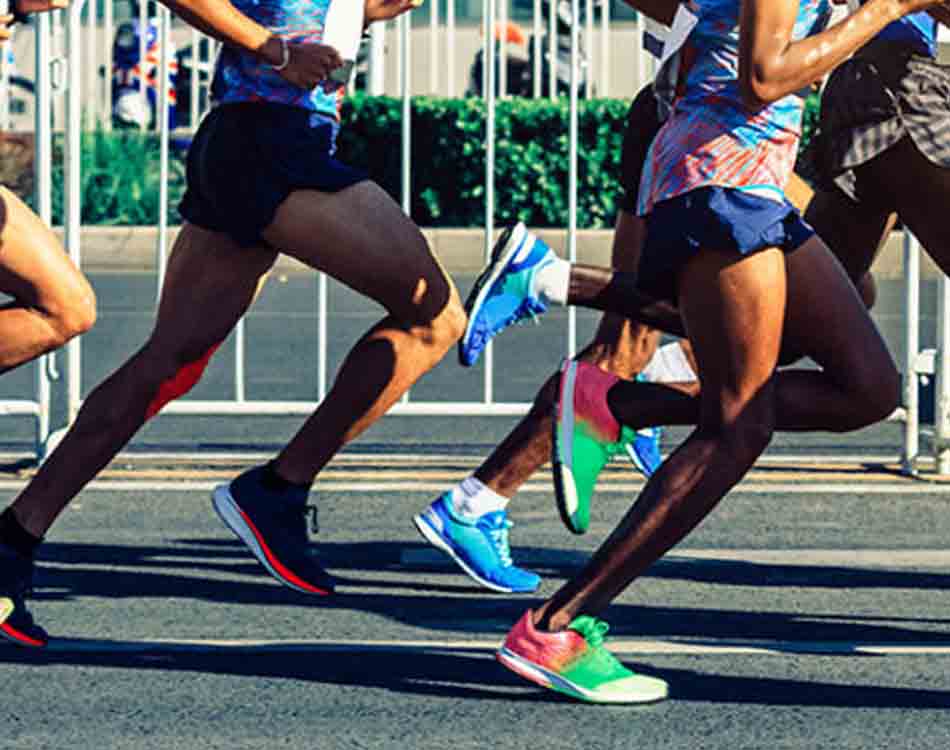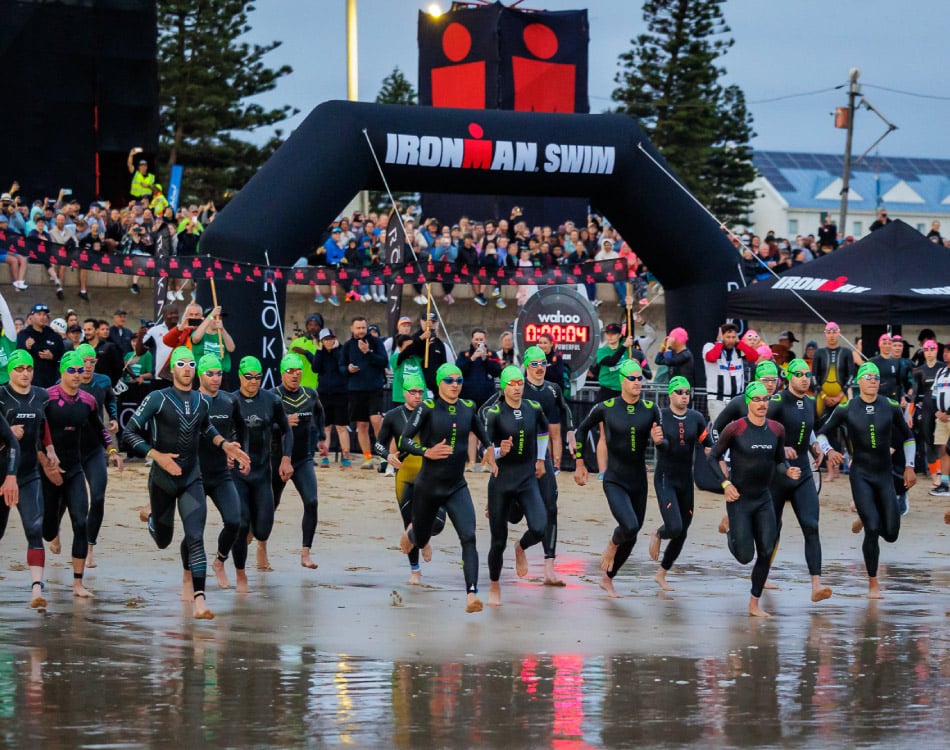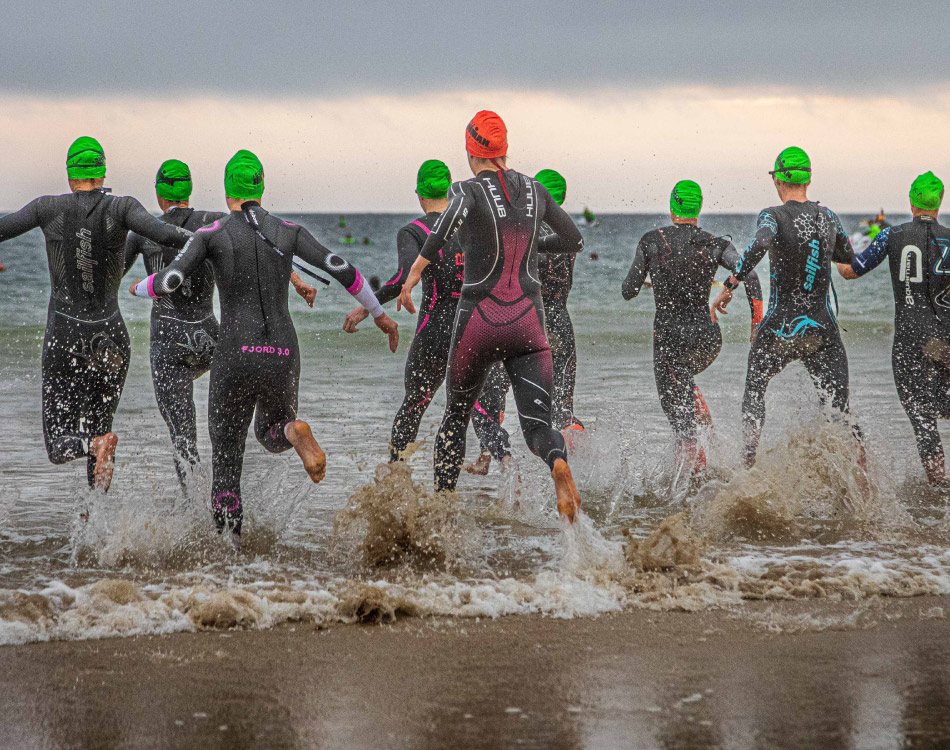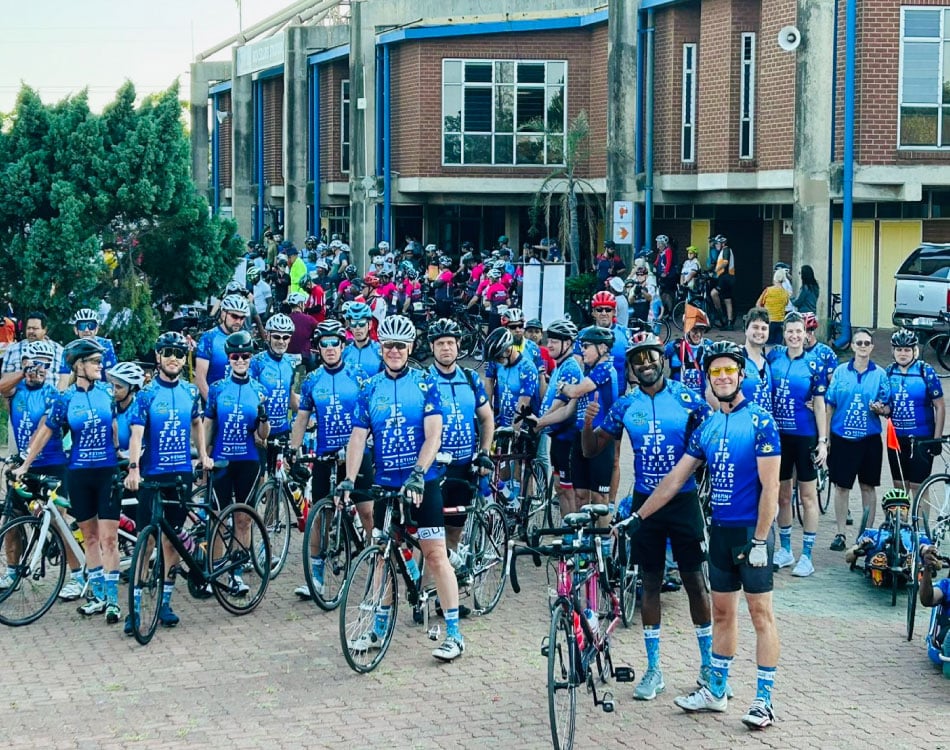Getting to the start line and completing the Two Oceans ultra marathon is a massive achievement that requires dedication and commitment, but it can also leave a void and those post-race blues when it’s over.
The epic 56km journey around the Cape Peninsula inevitably brings with it highs and lows, with the ultimate reward coming when you cross the finish line. But having overcome what was a seemingly insurmountable physical feat when you started your training, have you given any thought to what you do once the stiff legs and race=day euphoria subside?
Mission accomplished… now what?
Bagging your PB or finisher’s medal is the culmination of months of preparation. All those long hours spent training, the strict eating and sacrifices made with friends and family are all made worthwhile during those moments of euphoria when you cross the finish line.
However, not soon after – a day or two for some, mere hours for others, it suddenly dawns on you: “What next?” That’s when the feelings of accomplishment and elation give way to anxiety and, in many instances, some degree of depression.
Post-event depression is an interesting phenomenon that’s not unique to racing, according to Clinton Gahwiler, a psychologist at the Sports Science Institute of South Africa.
“There is a tendency for us to generate the energy, inspiration and motivation necessary to complete a task, but only to complete it. Thereafter, all these things ‘dry up’ which is why we collapse just as we achieve a deadline, for example.”
Often referred to as post-race depression in the obsessive world of long-distance running, this is a well-documented and researched phenomenon that seems to have both physiological and emotional roots.
Dr Andrew Lewis, an educational psychologist specialising in sport psychology, defines the condition more broadly.
“It translates into every aspect of life. You work to a goal and put in so much time and effort, and everything is shaped around this event. You achieve it and feel great for a time, but then the endorphin rush drops and, all of a sudden, the proverbial mat is pulled from beneath you.”
Dr Lewis warns that most people will go through a mild state of depression or a low as part of the post-race blues, even professional athletes.
“In general, though, I tend to see the more severe cases in people who do one large event a year, like Two Oceans, and then do nothing for the rest of the year.”
Feeling sad is natural – embrace it
However, we should all expect to feel a dip after a big event, says Lewis. “And expect this to be across the board. It will affect you in mental and physical ways as symptoms are often a physical manifestation of the resultant emotions and the stress release.”
From a psychological standpoint, these major events often become the central focus of our lives, proportionately more so the closer we get to the big day. And when we’re not thinking about our strategy, our nutrition or mentally checking off everything you need to remember on the day, we’re still subconsciously preparing our minds and bodies for what’s to come. It is understandable then that a void is left in your headspace once that level of cognitive involvement is no longer required.
Gahwiler expands: “Meaning is also important. When too much of our ‘meaning’ is attached to one event, it inevitably leaves a vacuum thereafter. Not unlike the crisis that some people experience on retirement.”
Post-event depression’s hormonal roots
From a hormonal standpoint, exercise, particularly endurance sport, stimulates the release of the feel-good hormones known as endorphins.
When the release during an event is combined with the euphoria that comes with completing a big goal, this effect is amplified, lifting athletes even ‘higher’ in the hours and days that follow a big event.
However, what goes up must come down, and the precipitous drop from these lofty levels of euphoria can often leave athletes with an unexplained feeling of emptiness or mild depression.
Identifying the post-race blues
If you’re left feeling sad, pessimistic and worthless after an event or race, with a lack of interest in setting a new goal or find it difficult to concentrate on day-to-day tasks, then you may be suffering from post-event depression. Chronic fatigue is another important sign that shouldn’t be ignored.
“Sufferers of this condition will often become hard to live with and there is often an impact on family and friends,” explains Lewis. “It also seems to be more prolific in men. That’s not to say it is more common in men as this can be attributed to the fact that, in general, more men compete in the types of events that lead to this condition. Accordingly, there is just a greater percentage of men who compete in relation to women.” Lewis does point out, however, that this form of stress can often manifest as anger in men.
“It is therefore important for all athletes to recognise that they are going to go through this at some point, so they need to prepare.”
Male athletes in particular need to understand and acknowledge their emotions and learn how to deal with them. “Unfortunately, depression also carries a stigma when men are involved which makes it harder for them to seek treatment,” continues Lewis.
He says this is important because if the condition is not managed properly then it can quickly become more serious.
“If it carries on for weeks, accompanied by a loss of self-worth, self-esteem or a lack of desire for life, or intense feelings of sadness and hopelessness, then I strongly urge athletes to seek professional help by visiting a registered psychologist. Once the psychologist has made a diagnosis they can recommend treatment options depending on the severity of the condition.”
5 tips to manage post-event depression
It is important to remember that it is a totally normal feeling to have, and dealing with this feeling of ‘loss’ is actually a healthy and necessary step in the process following big events. The important thing though is that you deal with it. Sitting around waiting for post-event depression to go away can lead to a more serious chronic depressive state.
If the symptoms aren’t that severe then Lewis, a multiple Ironman and Comrades marathon finisher, suggests 5 tips to help the mind and body get back on track:
- Don’t take a complete break: Tone down your training after an event, but not too much. Stay active to maintain physical and mental well-being.
- Prepare yourself: Know that it is going to happen. Accept it and make sure you know what to do.
- Relive the experience: Review photos, video or accounts of the big day to relive the experience. This can help to lift your spirits and reminds you of what you’ve accomplished.
- Set new sporting goals: Merely having another goal on the horizon can give your training and efforts more meaning directly after the attainment of a big sporting goal.
- Set yourself goals that aren’t sport related: Working toward achieving work or personal goals can be just as rewarding and can give your body the time it needs to recover while appeasing your mental and emotional needs.



















Leave A Comment